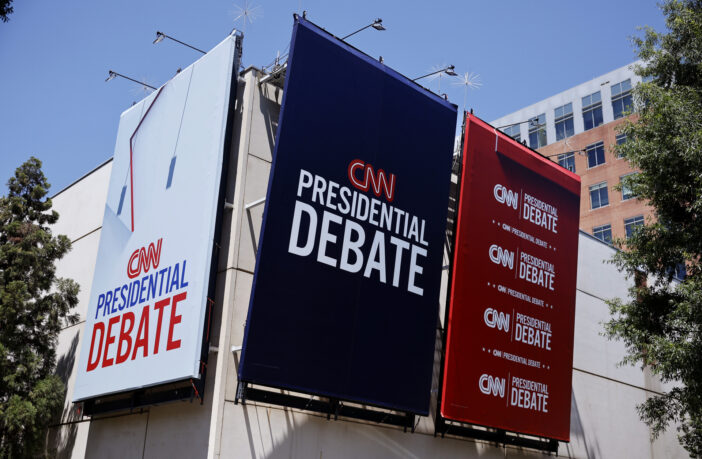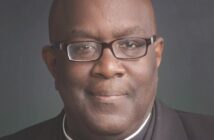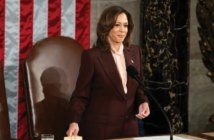CNN, a longstanding leader in the news industry, faces mounting criticism for excluding Black media from covering the upcoming national presidential debate in Atlanta tomorrow. This decision has ignited concerns over the network’s influence on the narrative surrounding the 2024 presidential election and its potential impact on voter suppression in predominantly Black and Brown communities.
Historically, CNN has played a pivotal role in shaping public opinion and political discourse. Since its inception in 1980, the network has grown to become a significant player in the news industry, leveraging its global reach and resources to influence how the public perceives major political events. However, its recent move to exclude prominent Black media outlets from the debate and failing to set aside press credentials for any Black news outlet begs the question of how the optics surrounding the debate appears to undermine the democratic process.
Notable Black media organizations, including EBONY, Atlanta Black Star and Atlanta Voice, have reported being denied press credentials or not being informed of the application deadlines. It has been reported that approximately 800 representatives from differing media outlets—both domestic and international—will be in attendance as well after receiving direct invitations to apply for credentials. None of them are Black-owned.
Editors from Atlanta Black Star, located in the same neighborhood as CNN’s Midtown Atlanta based studio, gave confirmation that the publication received an email from CNN stating, “Due to high volume and security concerns, we are unable to accommodate additional requests for credentials following our June 7th deadline.” The exclusion of Black-owned outlets from the debate, which will take place without a studio audience, also raises significant questions about the inclusivity and fairness of the media landscape. EBONY Media has received limited communication, or invitation, in the quest to secure a credential for the 2024 presidential debate. Given that this is one of only two scheduled presidential debates, it is important for Black media to be able to cover such events and identify the issues that pertain to our greater community.
The Biden-Harris campaign, which has actively advocated for the inclusion and presence of local and national Black outlets at Thursday’s debate, is hosting an exclusive gaggle—a more informal press briefing—that does not allow video of the actual debate. This move is seen by many as an attempt to address the concerns raised by Black media as the Biden-Harris campaign seeks to optimize visibility for Black and Brown voters who play a pivotal role in this election season. However, this incident is an example of the greater efforts needed across varying institutions to ensure the comprehensive coverage that these outlets seek.
EBONY obtained a statement from CBCPAC Chairman Rep. Gregory Meeks about the exclusion of Black press from the CNN presidential debate.
“This afternoon we learned that CNN has credentialed 800 members of the media for the first presidential debate of the election cycle. Not one represents a Black-owned media outlet. CNN’s exclusion of Black-owned media represents an egregious oversight and is totally unacceptable… Black-owned media provides a critical, trusted source of information to our communities and their role in our democracy must be respected and honored by CNN.”
Rep. Meeks also called on CNN to ultimately “do better” and “immediately to credential a minimum of ten Black-owned media outlets. “CNN must immediately credential Black-owned media outlets ahead of tomorrow night’s debate. Failure to do is a choice, an offense to Black Americans and cannot stand.”
This bold act has broader implications for Black and Brown communities, where voter suppression has historically been a significant issue. Additionally, the 2024 election has already been proven to be a crucial turning point in the direction of the country on the front of equity and legislative rights. By controlling the narrative and limiting access to key political events, there is a risk of further marginalizing our communities and suppressing voter turnout. The lack of representation in media coverage can contribute to information deserts, leaving these communities under-informed and underrepresented.
David Sánchez Carmona, Director at APCO Worldwide, highlighted these concerns in an article titled “2024 will be the last human election.” Reflecting on an exclusive event called “The A.I. Dilemma” at the National Press Club in Washington, D.C., technologist ethicist Tristan Harris warned, “The 2024 United States presidential election is scheduled for Tuesday, November 5, 2024. Our nation will not be the same.”
As the nation approaches a critical election, all voices must be heard and the democratic process upheld. The purpose of the media and the role of journalists is to shine a light on corruption and expose truths, as “Democracy Dies in the Darkness.” Black media is a symbolic cultural representative for millions of people, why do they still face moments such as this?
BIPOC media outlets will continue to advocate for their rightful place in the media landscape as the broader community fails to recognize and address systemic issues that undermine equity and justice.



